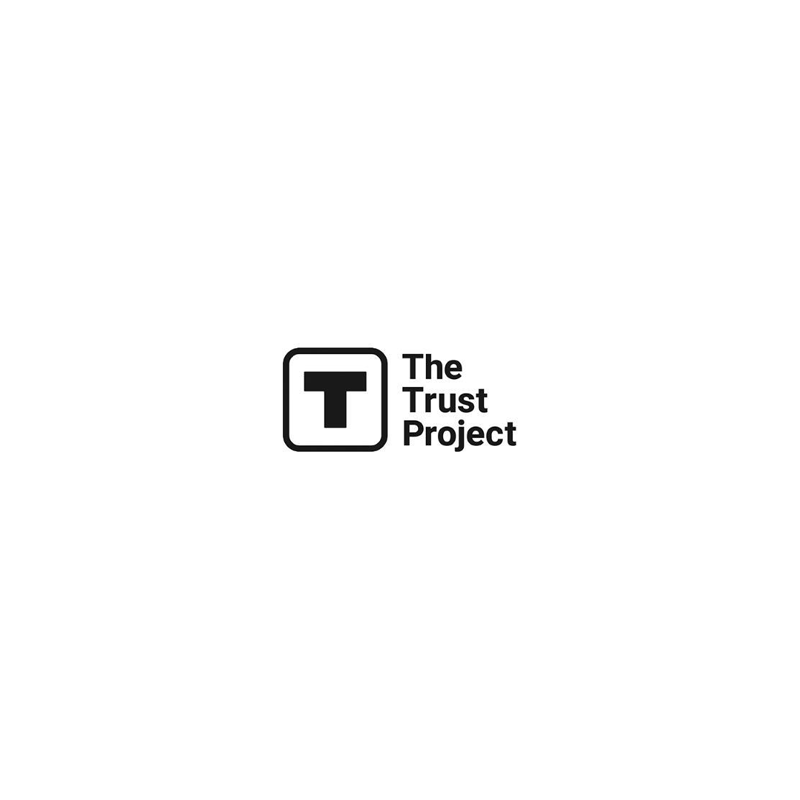
The internet has somehow changed the way we get news. The good thing is, information is abundance. But that bad is, most of the sources can't be trusted.
Facebook, Google and Twitter are three of the biggest online platforms. As their next attempt to fight online fake news, they have committed in using 'trust indicators' to help users better vet the reliability of the publications and journalists behind articles that appear in their respective news feeds.
The indicators were developed by the Trust Project, a non-partisan effort operating out of Santa Clara University's Markkula Center for Applied Ethics.
The indicators are meant to boost transparency and media literacy at a time when misinformation is practically everywhere.
"In today's digitized and socially networked world, it's harder than ever to tell what's accurate reporting, advertising, or even misinformation," said Sally Lehrman, the journalist who heads the Trust Project.
"The Trust Indicators put tools into people's hands, giving them the means to assess whether news comes from a credible source they can depend on."

..
First up, Facebook. The social giant has been frequently facing criticisms regarding the spread of fake news. It has began testing the indicators, by providing selected publishers the option to upload additional information about their fact-checking policies, ownership structures, author histories and more.
Users seeing the publishers' posts will see an icon they can tap to learn more, including information regarding the publishers' ethics policy and who funds them.
"This step is part of our larger efforts to combat false news and misinformation on Facebook — providing people with more context to help them make more informed decisions," said Andrew Anker, a product manager at Facebook.
Google is also taking steps by looking how the company can best display the indicators next to articles that show up in Google News, Google's search engine and its other products.4
And as for Twitter, it initially declined to comment beyond its announcement on using the Trust Project.

The main goal for this scrutiny attempt is to make companies have the ability to police the contents shared on their respective platforms.
The indicators will also show whether a story is a news report or advertising. They will highlight other articles the author has published and offer more clarity on the sources used to back up claims in the story.
Given by Facebook, Google and Twitter's massive audiences, the Trust Project should help users in getting the real news they need.
Both Facebook and Google have worked with independent fact checking organizations to flag concerning articles. Facebook also introduced related links to provide additional perspectives for stories shared in the News Feed.
Separately, Facebook and Twitter have announced plans to increase their transparency for political advertisements that appear on their sites.
Besides the Facebook, Google and Twitter, publishers like The Washington Post, The Economist, The Globe and Mail, and others are also among the first adopters of the indicators.
Read more: How To Spot Fake News By First Trusting Your Gut Instincts